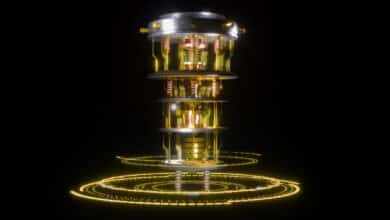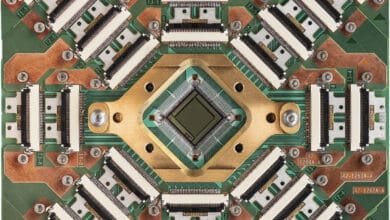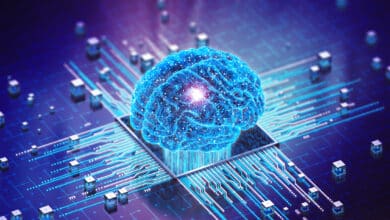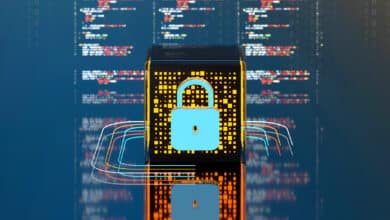All Post-Quantum, PQC Posts
-
Post-Quantum, PQC, Quantum Security
Quantum Key Distribution (QKD) 101: A Guide for Cybersecurity Professionals
Quantum Key Distribution (QKD) is a cutting-edge security technology that leverages quantum physics to enable two parties to share secret encryption keys with unprecedented security guarantees. Unlike classical key exchange methods whose security rests on computational assumptions, QKD’s security is rooted in the laws of physics – any eavesdropping attempt will unavoidably disturb the quantum signals and reveal itself. With large-scale quantum computers on the…
Read More » -
Quantum Computing
From NISQ to FTQC to FASQ
The dream of quantum computing is inching closer to reality, but between our current noisy prototypes and tomorrow’s transformative machines lies a daunting gulf. In the language of the field, we are transitioning from the NISQ era into the realm of FTQC, with an eye on the ultimate prize dubbed FASQ. These acronyms - Noisy Intermediate-Scale Quantum, Fault-Tolerant Quantum Computing, and Fault-Tolerant Application-Scale Quantum -…
Read More » -
Quantum Computing
Adiabatic Quantum (AQC) and Cyber (2024 Update)
Adiabatic Quantum Computing (AQC) is an alternative paradigm that uses an analog process based on the quantum adiabatic theorem. Instead of discrete gate operations, AQC involves slowly evolving a quantum system’s Hamiltonian such that it remains in its lowest-energy (ground) state, effectively “computing” the solution as the system’s final state. AQC and its practical subset known as quantum annealing are particularly geared toward solving optimization…
Read More » -
Quantum Computing
Quantum Hacking: Cybersecurity of Quantum Systems
While these machines are not yet widespread, it is never too early to consider their cybersecurity. As quantum computing moves into cloud platforms and multi-user environments, attackers will undoubtedly seek ways to exploit them.
Read More » -
Post-Quantum, PQC, Quantum Security
Quantum Ethics: Why We Must Plan for a Responsible Quantum Future
New technologies bring not only breakthroughs but also new risks and dilemmas - and quantum computing is no exception. Quantum computers promise to solve problems beyond the reach of classical machines, from cracking complex optimization puzzles to simulating new drugs and materials. Yet experts warn that quantum’s “known unknowns” include serious ethical challenges arising from potential abuse, misuse, or unintended consequences. In other words, along…
Read More » -
Post-Quantum, PQC, Quantum Security
Post-Quantum Cryptography (PQC) Meets Quantum AI (QAI)
Post-Quantum Cryptography (PQC) and Quantum Artificial Intelligence (QAI) are converging fields at the forefront of cybersecurity. PQC aims to develop cryptographic algorithms that can withstand attacks by quantum computers, while QAI explores the use of quantum computing and AI to both break and bolster cryptographic systems.
Read More » -
Post-Quantum, PQC, Quantum Security
Data Discovery & Classification: Foundations for Quantum Readiness
Every CISO knows the old adage: “You can’t protect what you don’t know you have.” In the quantum readiness era, this doesn’t just apply to hardware and software assets - it applies equally to data. As organizations brace for cryptography-breaking quantum computers, they must first discover and classify their data to understand what’s at stake. Data is now scattered across on-prem servers, cloud buckets, employee…
Read More » -
Post-Quantum, PQC, Quantum Security
Cryptographic Bill of Materials (CBOM) Deep-Dive
Cryptographic Bill of Materials (CBOM) represent the next evolution in software transparency and security risk management. As we have explored, a CBOM provides deep visibility into an application’s cryptographic underpinnings – an area that has often been opaque to security teams. By enumerating algorithms, keys, certificates, and their usage, CBOMs empower organizations to tackle challenges ranging from quantum cryptography transition and legacy crypto cleanup to…
Read More »







